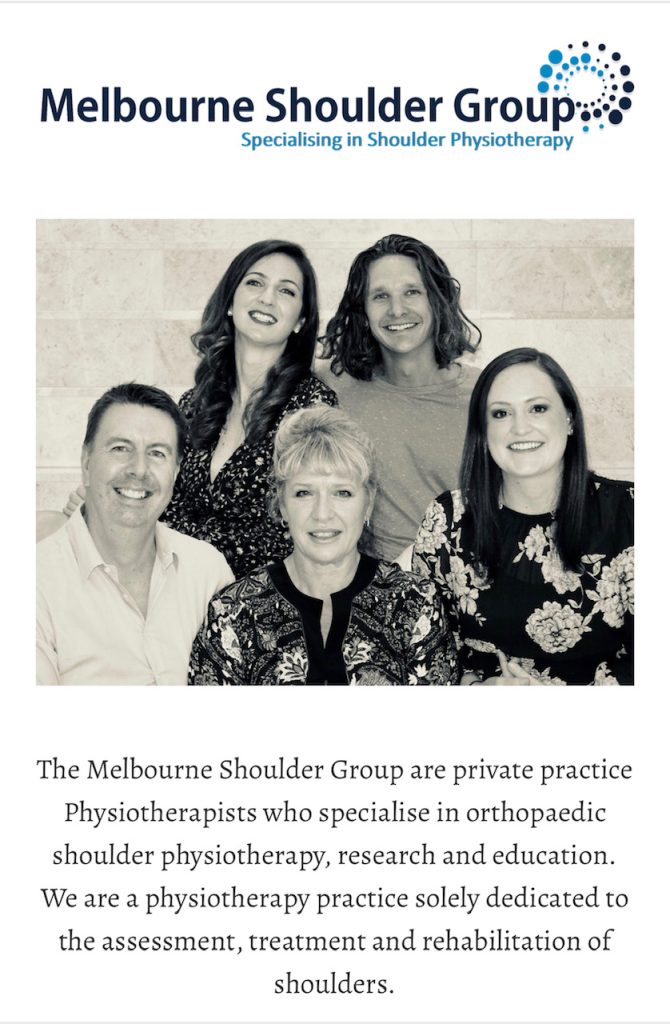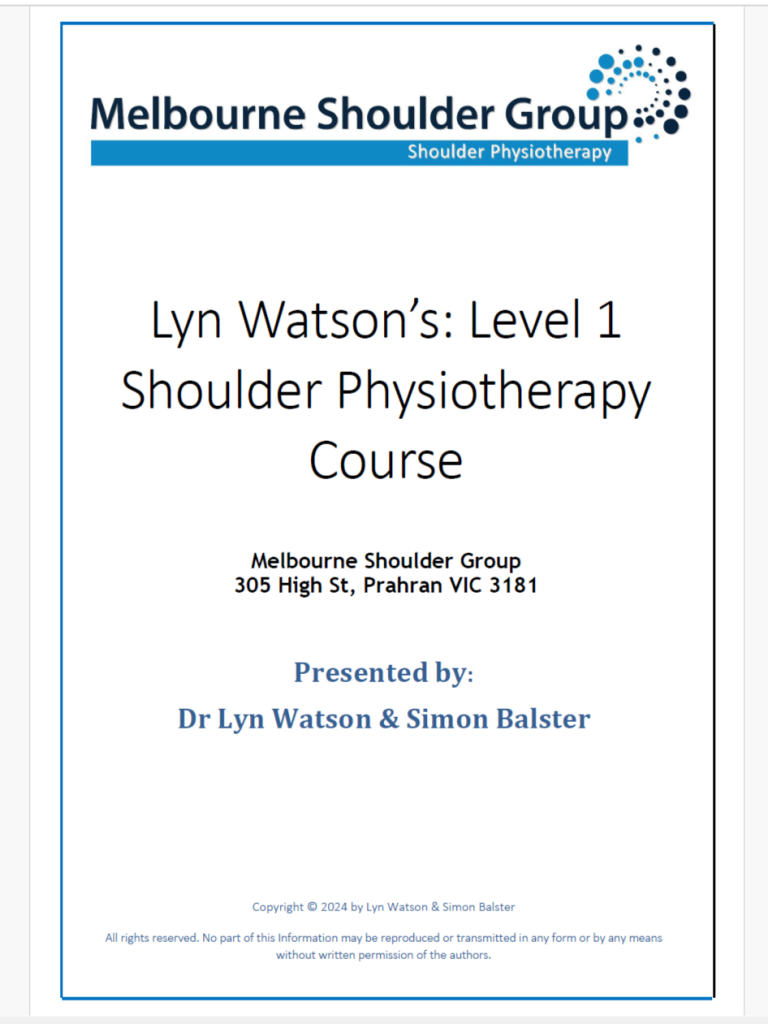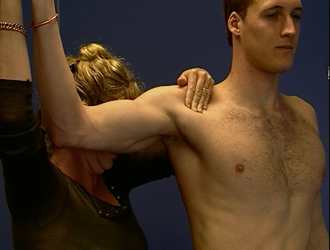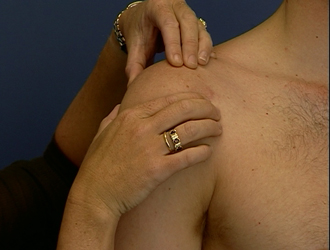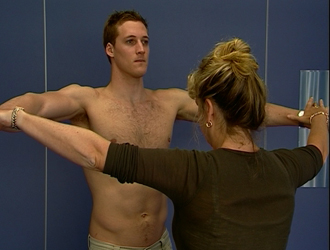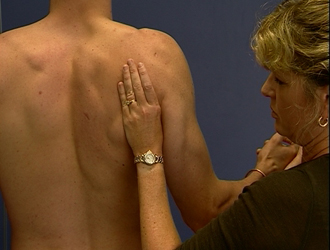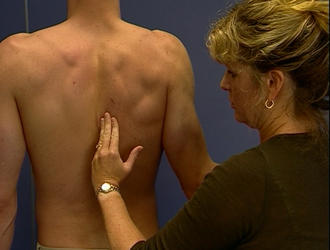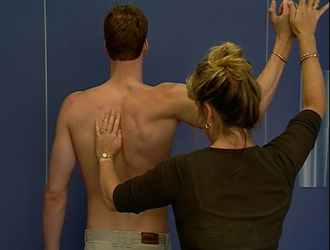Enhance your clinical skills with world-renowned shoulder diagnosis and rehabilitation training for graduate or practicing physiotherapists.
Backed by more than 35 years of clinical experience and supported by over 60 research articles, Lyn Watson shoulder courses are based on proven assessment methodologies and rehabilitation programs widely regarded as the gold standard for shoulder rehabilitation.
Our 2-day shoulder courses dive deep into the latest techniques and insights in the field, equipping you with the tools needed to achieve optimal patient outcomes and manage the most complex patient cases. Places are strictly limited to 30 participants per course and are expected to sell out quickly.
As Seen In.....

Backed by evidence-based research in 60+ peer reviewed journals including.....

Course Presenters
Presenters on the Course are all members of the Melbourne Shoulder Group ‐ Dr Lyn Watson (Founder), Simon Balster (Founder), Dr Sarah Warby, Ross Lenssen, & Kat Davis.
The Group sees ~1500 shoulder patients each month, conducts researcher into clinically relevant shoulder projects (published 40+ articles) and shares their shoulder specific insights through their teaching and lecturing.
Dr Lyn Watson (Prof.Doc. Physio) is an Australian Manipulative & APA Titled Sports & Exercise and Musculoskeletal Physiotherapist with over 30 years experience in clinical practice and research into the shoulder. She holds an Adjunct Professorial position in research at Western University in Ontario Canada and has been teaching Physiotherapists throughout Australia and around the world for the last 25 years.
Over the past 10 years approximately 4,000 physios in nine counties have completed the Lyn Watson Shoulder Physiotherapy courses.
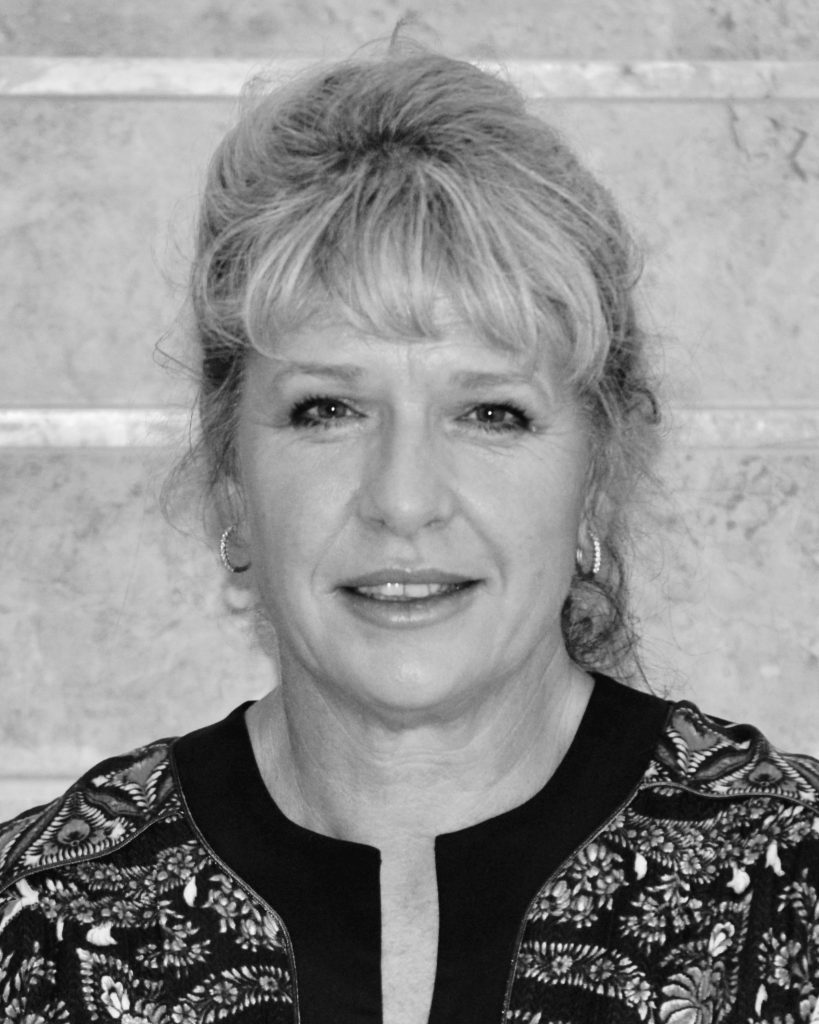
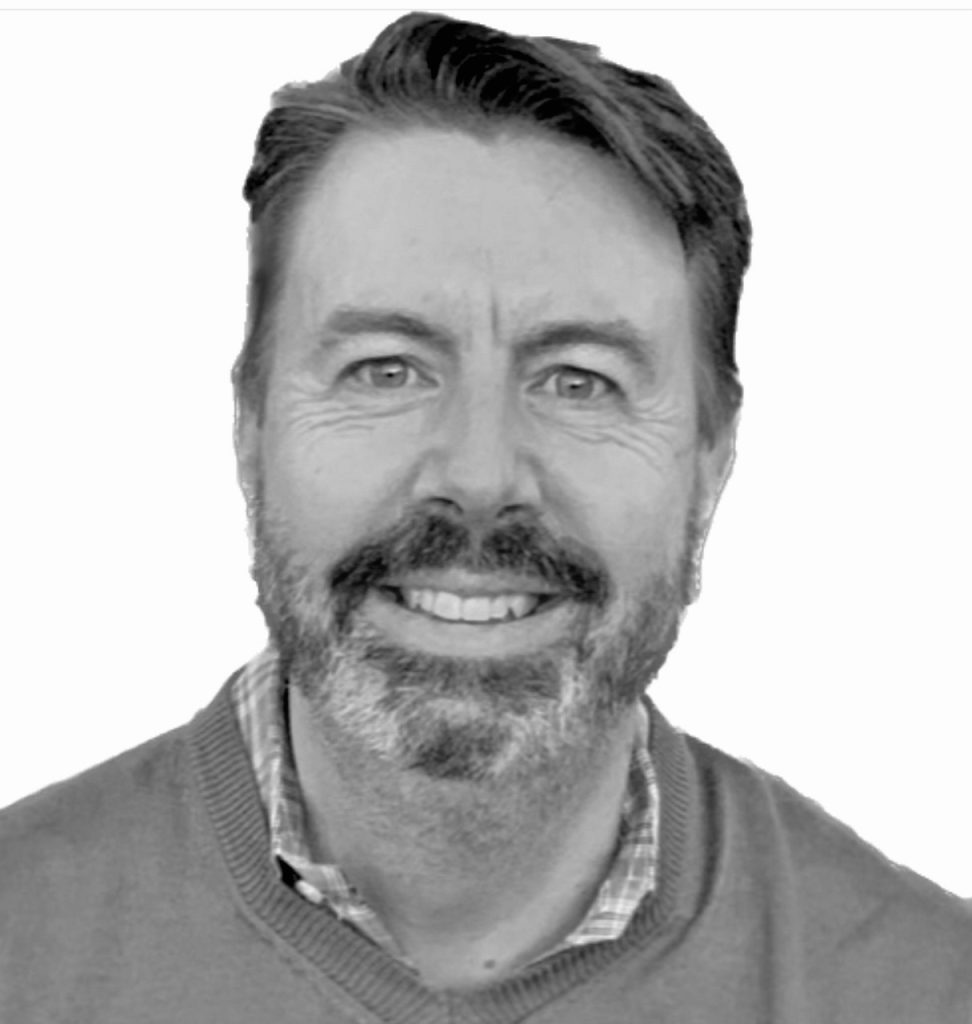

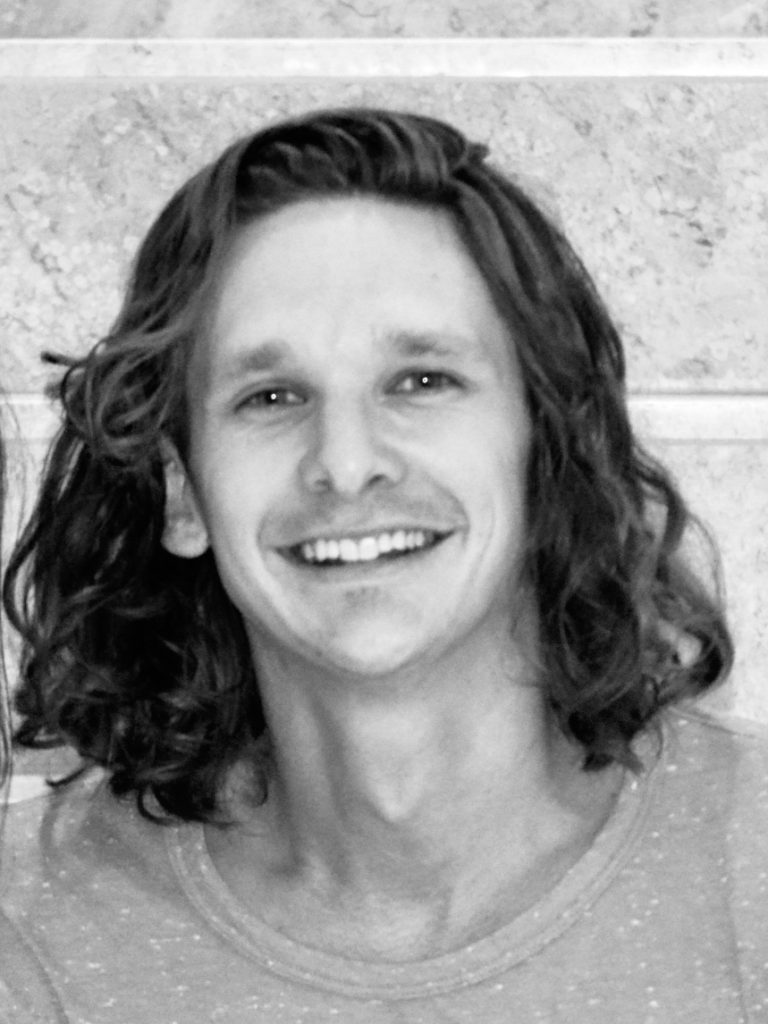
About Us
The Melbourne Shoulder Group works closely with:
- Mr Greg Hoy and Mr Shane Barwood, Mr Matt Evans, Mr Richard Dallalarna and Mr Rowan Price (Shoulder Orthopaedic Surgeons)
- Dr Andrew Rotstein’s team at Victoria House Medical Imaging and David Connell's team at Olympic Park Medical Imaging
- Dr Tania Pizzari at Latrobe University
This allows the Group to follow the full journey of a patient: starting with a patients’ presenting injury and initial symptoms through to physical assessment findings and correlating this with their scanning results and sometimes to an arthroscopic assessment of their pathology. Review of these findings and correlating it with the treatment modalities required to fix each patient (rehabilitation, injections, surgery) has given the Melbourne Shoulder Group a unique insight into shoulder orthopaedics, the role of physiotherapy, radiology, injections, medicine and surgery.
This Course is a distillation of the knowledge of the Group, providing therapists with relevant information and techniques that will have immediate clinical application in the way shoulder patients are assessed, informed, managed and treated.
The course covers:
- Understanding the relevant functional anatomy, biomechanics and patho‐mechanics that contribute to the clinical presentation of your patients
- A logical and structured plan to use when assessing the shoulder and shoulder girdle
- The skills to develop a working diagnosis while considering differential diagnoses
- A framework to decide whether to treat, investigate, refer or any combination
- A structure to tailor a rehabilitation programme to any patient
- The skills to monitor your progress, adjust your working diagnosis and treatment to get the best results for your patients
The Course material is constantly updated to include the latest evidence based best practices: research, clinical information and treatment techniques as well as examples of real patient presentation.
The Course runs over two days between 9am and 5pm. The cost is $770 incl GST and includes morning tea and lunch as well as our course manual.
Course Content:
The Lyn Watson level 1 shoulder course teaches the theories, practical platforms, diagnostic frameworks, rehab protocols and techniques physiotherapists should apply to patients. We recommend all students complete the Level 1 course before proceeding to our advanced Level 2 course.
Anatomy & Biomechanics
The Course includes a detailed discussion regarding the relevant anatomy and biomechanics of the GH, AC & SC Joints and Shoulder Girdle associated with the clinical presentation of patients. Lyn’s use of real patient examples and the relationship between their symptoms, physical presentations and underlying pathomechanics provide the foundation to understanding the shoulder.
Clinical Decisions Making
Using her unique, logical and structured assessment of the Shoulder and Shoulder Girdle, Lyn guides physiotherapists through the clinical decision‐making process:
- Which assessment tools to use to understand the patients’ problem
- The primary problem and the secondary symptoms
- Diagnosis; Initial, Differentials and sometimes an Evolving Diagnosis
- The stage of the pathology and whether it is amenable to physiotherapy
- When physiotherapy, investigation, intervention or referral is indicated / appropriate
- Rehabilitation programme development, progression and evolution
- Re‐assessment process for each patient
Shoulder Hypermobility
- Its presentation within the wider population and within a shoulder clinic
- Its impact on presenting symptoms, injuries and findings
- A discussion on how it impacts patients that are young, middle aged and older,
- A discussion on assessing for it and adjusting intervention accordingly
The Scapula
- 3D assessment of the scapula at rest, through motion and during other shoulder assessment tests (like muscle/R.Cuff strength testing)
- A detailed discussion on when the scapula is relevant to the patients presentation or an adaptation to their problem
- Techniques for manually correcting aberrant scapula position and dyskinesia through ROM
- Tailoring the correction of the scapula position at rest, through motion and during other assessment testing
- A discussion of this clinical decision‐making process for patients with Instability, Stiffness, Impingement, Rotator Cuff tears and SLAP lesions.
The Humeral Head
- Techniques to assess the position, translation and dynamic control of the humeral head on the glenoid in normal and specific shoulder pathologies
- A detailed discussion of the impact the scapula, the capsuloligamentous structures, the labrum and rotator cuff have on maintaining the centralisation and control of the humeral head
- Techniques for correcting aberrant humeral head translation and the clinical decision making process used to determine its impact on the patients presentation and other assessment findings (SLAP tests, Impingement tests, ULTTests, Scapula dyskinesia, R.Cuff tests, etc)
- A demonstration and discussion of special orthopaedic tests for assessment of shoulder rotator cuff, instability, impingement and SLAP tears with reference to the literature, clinical use and interpretation
Instability (GHJ, ACJ & SCJ)
- The different categories: from traumatic uni‐directional to traumatic and/or overuse hypermobile instability through to multidirectional instability
- Typical presentation and assessment findings
- Different management plans for each category with reference to investigations used, rehabilitation and surgery
- Outcomes published and evidence based practice
- Practice of techniques used to fully assess instability of the shoulder and determine the different contributions from the scapula, labrum, capsuloligamentous structures and rotator cuff/deltoid muscular control
- Lyn’s Multi‐directional Instability rehabilitation program will be supplied & discussed
GH Joint Stiffness, Rotator Cuff Pathology & Degenerative AC Joints
- The different categories: from frozen shoulders to post‐operative stiffness through to stiffness secondary to R.Cuff pathology, Impingement or OA
- Typical presentation and assessment findings
- Different management plans for each category with reference to investigations used, rehabilitation and surgery
- Outcomes published and evidence based practice
- Practice of techniques used to fully assess stiffness of the shoulder and for the management and treatment of stiffness
- Mobilisation and hands‐on treatments
- Management of inflammation
- A discussion on the use of Hydrodilatation injections
- A discussion on the post‐operative stiff shoulders and it’s impact on operative outcome
Rehabilitation
Lyn’s Principles of Shoulder Rehabilitation will enable therapists to develop a tailored rehabilitation
programme for any shoulder pathology. This section includes a detailed discussion and demonstration of a
typical structured rehabilitation programme integrating:
- Scapula stabilisation
- Rotator Cuff recruitment and strengthening
- Training the R.Cuff to achieve dynamic stabilisation of the humeral head
- Deltoid strengthening; when, how and why to start and progress through to full gym and functional programs
- Progression of strengthening: from arm by the side through abduction to overhead and into horizontal flexion; short lever to longer lever, slow controlled concentric to faster to eccentric
- How to tailor rehabilitation to different patients’ ages, pathologies and processes
Post‐operative rehabilitation programs are also provided for:
- Sub‐acromial Decompression
- Rotator Cuff Repair (Small – Medium – Large – Massive)
- GHJ Reconstruction and SLAP Repairs
- Latarjet Reconstructions
A discussion and demonstration of our unique taping techniques for the scapula and the humeral head.
This course provides the foundation for the Lyn Watson Level 2 Course and is a required prerequisite.
Throughout the course there is constant referral regarding what is and is not substantiated by research.
Shoulder Course Booking Policy
- We reserve the right to cancel a course without notice.
- If a course is cancelled you will be refunded only the registration cost in full.
- If you are unable to attend please cancel your registration. You may be subject to a cancellation fee, or forfeit your course fee entirely.
- It is the participant’s responsibility to ensure you have a current & valid National Physiotherapy Registration
- All course participants should hold current Professional Physiotherapy Liability
- Insurance. (for the practical component of this course)



